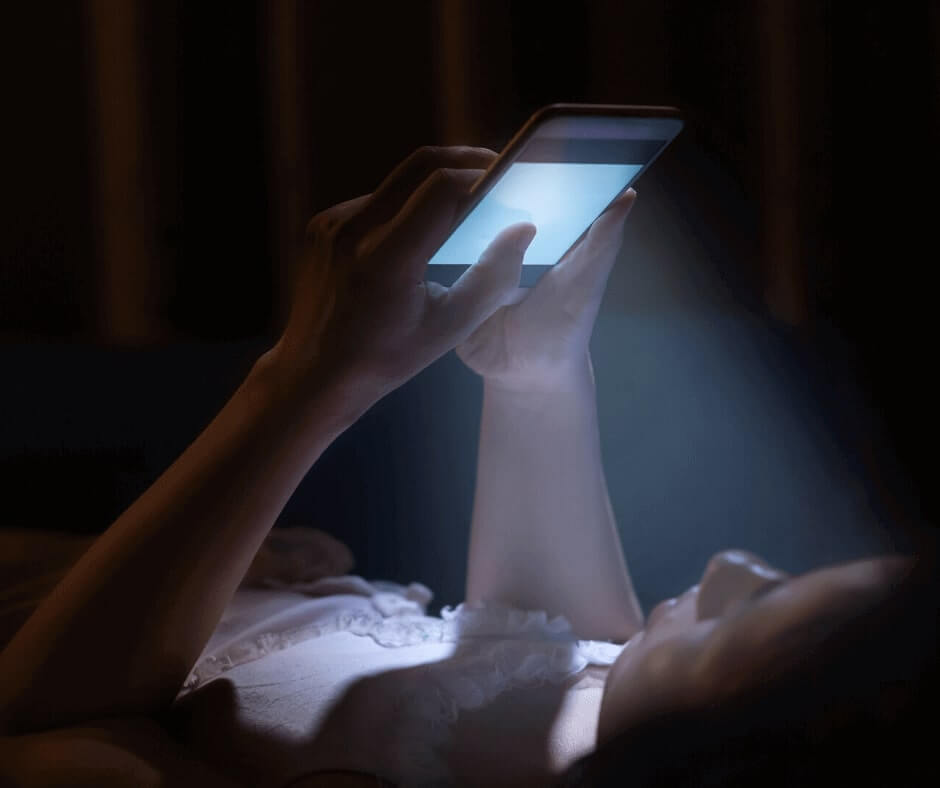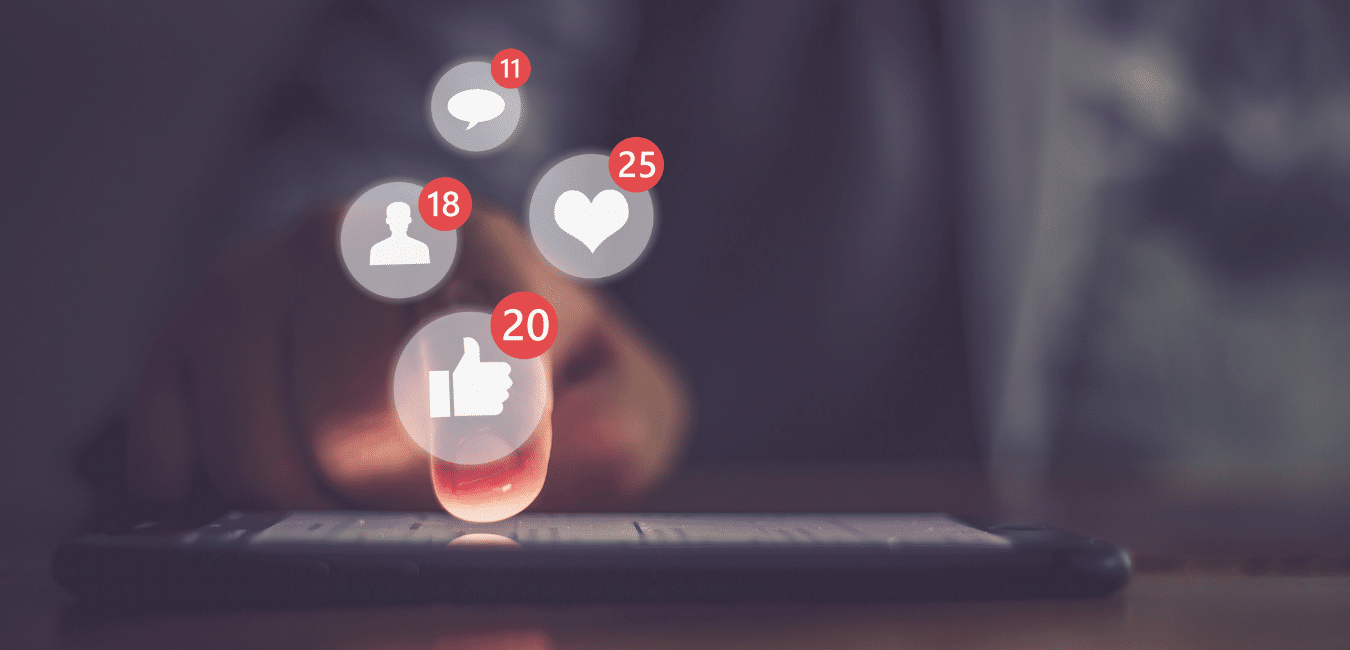At a time where social distancing and isolation were required and recommended, social media became a tool that kept you in touch with your closest friends, loved ones, and the world all around you with over 3.6 billion people using social media worldwide, according to statista.com. While it provides a lot of good, many people do not realize the increase in social media depression rates.
The Hidden Reality of Addictive Social Media Platforms
In 2021, a lot of us rely on Facebook, Snapchat, Instagram, TikTok, and Twitter to connect with those in our lives who no longer are close to us. While social media can promote healthy conversations, it is important to remember that social media addiction effects around 210 million people worldwide. Virtual interaction can not be a replacement for face-to-face interactions and deep human connections.
Face-to-face interactions help to trigger the brain to release the hormones that balance your body’s stress levels. This helps to increase your feelings of health, positivity, and happiness. Whereas the dangers of social media can disrupt the sleep pattern of many young adults (4 in every 10).
It is ironic but technology was created with the purpose to bring people closer together, and now studies have shown that spending too much time engaging on any social media platform can increase the feelings of loneliness and isolation, which puts you at a higher risk to struggle social media depression and anxiety. According to smartphone addiction statistics, teens who use social media for more than five hours a day are 71% more vulnerable to suicide.
What are some of the dangers of social platforms that I should be looking out for?
Wasting time with unproductive browsing. (According to techjury.net, an average person spent over 2 hours a day just on social media.)
- When you are spending an excessive amount of time browsing the internet. You are setting yourself up to miss opportunities that present themselves to you. Social media will no longer just be something to “pass the time.” It becomes a part of your daily routine. You could finish that task that you have due next week. It could open the door to a promotion that your boss was silently sitting on.
- Remember that park that you have been wanting to walk at? What are you waiting for? Pictures of the park on Facebook are pretty. But you are depriving yourself of the nature immersion that your soul is craving.
The Emotional Cost of Virtual Connections
You may be experiencing heavy emotions when your post does not receive the number of likes that you expected.
- When you set high standards for your virtual life, you may be setting yourself up for failure as no two people view social media platforms the same way. If you experience a feeling of lack of appreciation and acknowledgment it is a sign that you are starting to rely on the online community for your self-worth and positive reinforcement to feel like what you are doing truly matters. In a matter of seconds your outlook can change on the experience you were having based on the number of likes and increase your chances of social media depression.
- This is backed up by a study conducted by center4research.org where 25% of adolescents believed that social media had a negative effect on their mental health.
Not being able to process your emotions and seeking refuge virtually.
- Sometimes the world becomes overwhelming, and you just do not know how to deal with or understand what you are feeling. That is okay, but in those instances, you need to reach out to a loved one so that you do not throw yourself into social media to distract yourself from what is going on around and inside of you.
Being away from your phone may cause a strong feeling of anger.
-
- Increased time on social media platforms? Maybe you do not know how to function without scrolling through your apps. At this time, you may even be experiencing the “phantom notifications”. You will feel them, you will hear them, but they are not real. You also will experience extreme FOMO (fear of missing out) during these moments and lash out to those around you.

Get Help Today
Experiencing one or more of these things can be scary for you and your loved ones to understand. It is never too late to seek social media addiction help.
If you have noticed that you or a loved one is spending an excessive amount of time on social media. It may be time to reflect to see if you/they are experiencing social media depression or dissatisfaction in life.
Omega Recovery in Austin is ready to welcome you with open arms. We have a comprehensive and immersive 8-week program that is not only designed to treat social media depression. We will help break down the walls you have built around yourself that may be preventing recovery.
Depression, anxiety, and past trauma maybe some of the underlying issues that contributed to your social media addiction. We are prepared to get to the roots and help you replant them. So that your “tree” can be strong and continue to grow.
If you or your loved one is struggling with social media addiction or social media depression, contact us today. At (512) 601-5407 or send us an e-mail at intake@omegarecovery.org.
Want to continue to read more about what Social Media Addiction is and how Omega Recovery can help? Visit us at: Social Media Addiction Treatment




